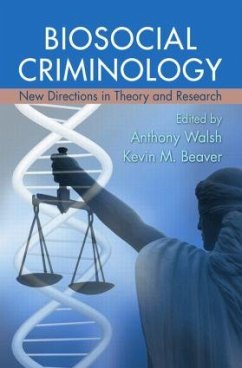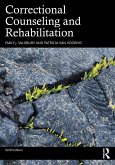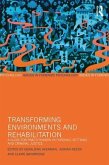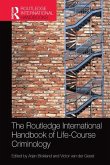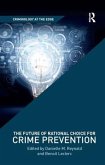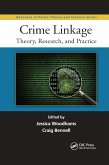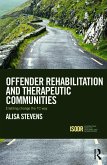Ideal for use, either as a second text in a standard criminology course, or for a discrete course on biosocial perspectives, this book of original chapters breaks new and important ground for ways today's criminologists need to think more broadly about the crime problem.
This book is designed to bring criminology into the twenty-first century by showing how leading criminologists have integrated aspects of the biological sciences into their discipline. These authors cover behavior and molecular genetics, epigenetics, evolutionary biology, and neuroscience, and apply them to various correlates of crime such as age, race, and gender. There are also chapters on substance abuse, psychopathy, career criminals, testosterone and treatment. While not trashing traditional ideas about these topics, the authors of these chapters show how biosocial concepts add to, complement, and strengthen those ideas. The book is uniquely valuable in that it brings together many of the leading figures in biosocial criminology to illustrate how the major issues and concerns of criminologists cannot be adequately addressed without understanding their genetic, hormonal, neurological, and evolutionary bases.
This book is designed to bring criminology into the twenty-first century by showing how leading criminologists have integrated aspects of the biological sciences into their discipline. These authors cover behavior and molecular genetics, epigenetics, evolutionary biology, and neuroscience, and apply them to various correlates of crime such as age, race, and gender. There are also chapters on substance abuse, psychopathy, career criminals, testosterone and treatment. While not trashing traditional ideas about these topics, the authors of these chapters show how biosocial concepts add to, complement, and strengthen those ideas. The book is uniquely valuable in that it brings together many of the leading figures in biosocial criminology to illustrate how the major issues and concerns of criminologists cannot be adequately addressed without understanding their genetic, hormonal, neurological, and evolutionary bases.

